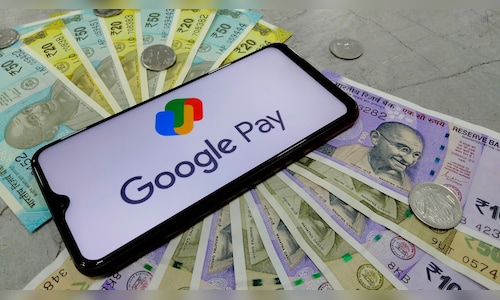[ad_1]

Index Fund Corner
Sponsored
| Scheme Name | 1-Year Return | Invest Now | Fund Category | Expense Ratio |
|---|---|---|---|---|
| Axis Nifty 50 Index Fund | +32.80% | Invest Now | Equity: Large Cap | 0.12% |
| Axis Nifty 100 Index Fund | +38.59% | Invest Now | Equity: Large Cap | 0.21% |
| Axis Nifty Next 50 Index Fund | +71.83% | Invest Now | Equity: Large Cap | 0.25% |
| Axis Nifty 500 Index Fund | — | Invest Now | Equity: Flexi Cap | 0.10% |
| Axis Nifty Midcap 50 Index Fund | +46.03% | Invest Now | Equity: Mid Cap | 0.28% |
However, UPI payments made directly through bank accounts remain free.
The report states that Google Pay will levy a fee ranging from 0.5% to 1% of the transaction amount, plus applicable GST.
This follows a similar move last year when the platform introduced a ₹3 convenience fee on mobile recharges.
Google Pay, which holds a 37% share of UPI transactions in India, joins competitors PhonePe and Paytm, which already charge fees on bill payments.
The report also highlights the growing adoption of UPI Autopay, which has surpassed card transactions for recurring payments.
Google Pay has not yet issued an official statement regarding the new charges.
According to Rohit Mahajan, Managing Partner & Founder, plutosONE, the payment landscape in India has evolved with the introduction of convenience fees on certain digital transactions.
“We view them positively as digital payments, especially for bills, continue to expand. This shift is expected to enhance financial inclusion and accelerate rural economic development in the coming years, even if its overall economic impact may be limited. Ensuring that digital payments remain accessible and affordable should remain a top priority to empower individuals rather than impose additional burdens,” he said.
First Published: Feb 20, 2025 4:35 PM IST
[ad_2]
Source link










